SEND
Inclusion Philosophy
Batley Grammar School believes in and encourages inclusion.
We believe that all primary and secondary learners, whatever their needs, should receive the best possible education. Our aim is to enable all our young people to excel in their personal, social and academic achievements.
As an all-through 4 -16 school we, wherever possible, cater for the needs of learners with Special Educational Needs and Disabilities (SEND). Parents/carers of SEND learners who wish to apply for a place for their child at Batley Grammar School are encouraged to meet the SENDCo, the appropriate Head of Key Stage and/or a member of the Senior Leadership Team to establish whether Batley Grammar School is the best school to meet their child’s needs.
Useful school details:
|
Headteacher |
Mr John Hughes |
|
SENDCo |
Miss Jennifer Kaye |
|
SENDCo email address |
jkaye@batleygrammar.co.uk |
|
School address |
Batley Grammar School |
|
Telephone number |
01924 474980 |
|
Office email address |
info@batleygrammar.co.uk |
|
Local Offer |
LocalOffer@kirklees.gov.uk |
|
Age range |
4 – 16 |
|
Type of school |
Member of Batley Multi Academy Trust |
|
Funding |
Batley Multi Academy Trust is Directly funded from Education Funding Agency (EFA) |
SEND Information Report and relevant policies
Please refer to our Policies Page for our SEND Information Report. Via this link, you can also access a number of other relevant policies including; the Trust SEND Policy, Batley Grammar School Accessibility Plan and the Trust Equality Information and Objectives Policy.
There are a variety of people you can contact if you have concerns about your child, including; your child's Class Teacher, Form Tutor or Head of Year.
Alternatively, you can also speak to the school SENDCo, Miss Kaye or Assistant Headteacher, Mr Smeaton.


